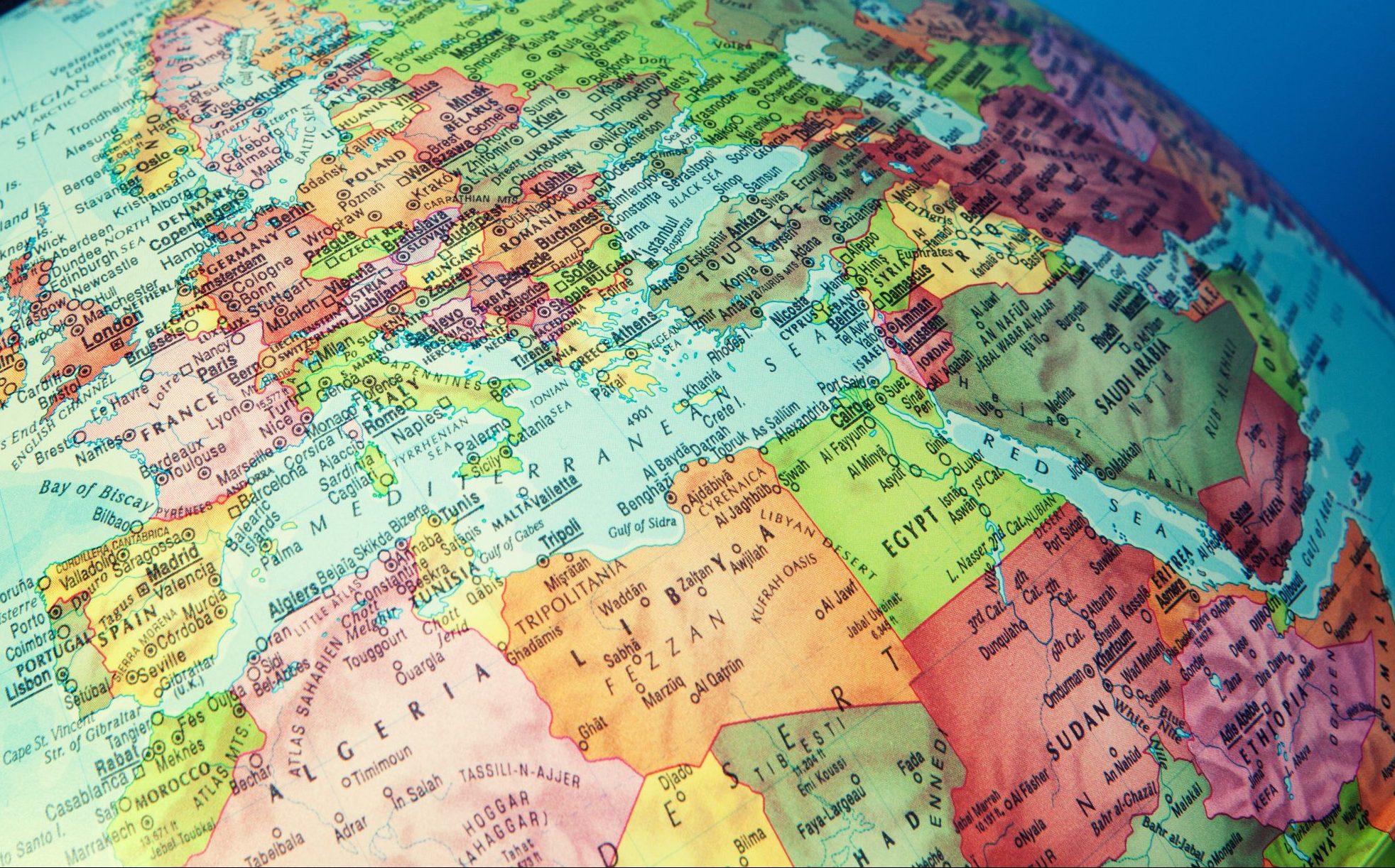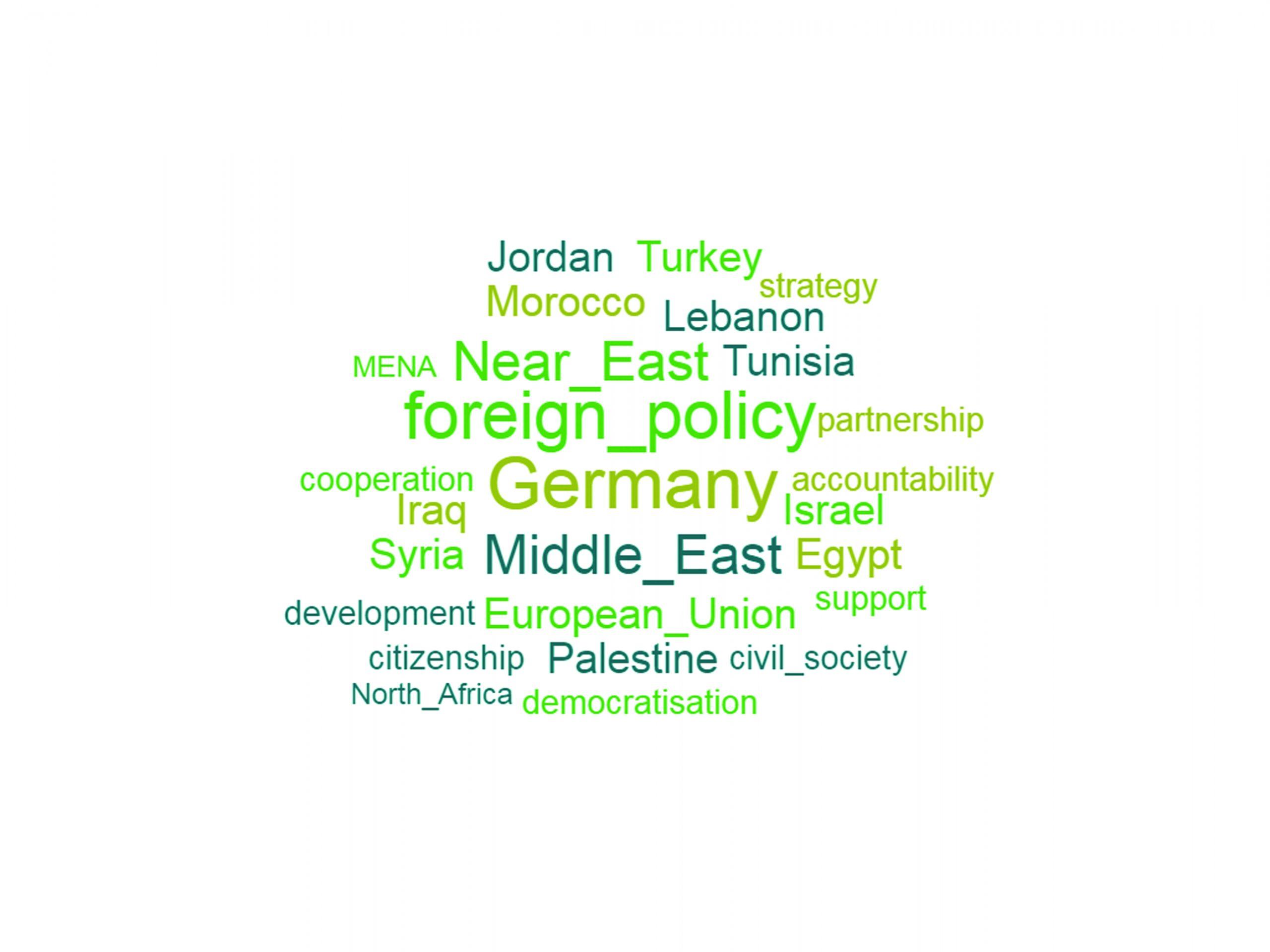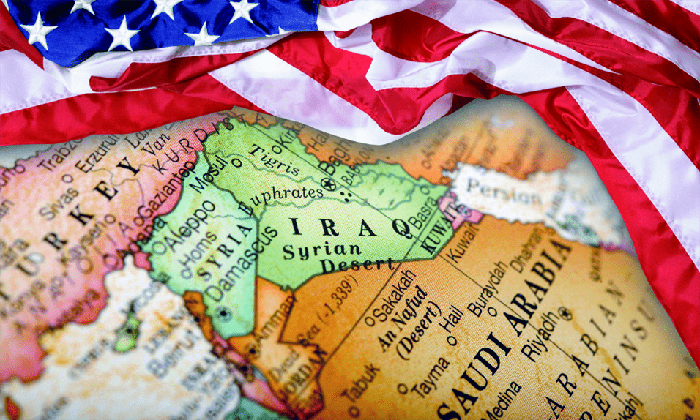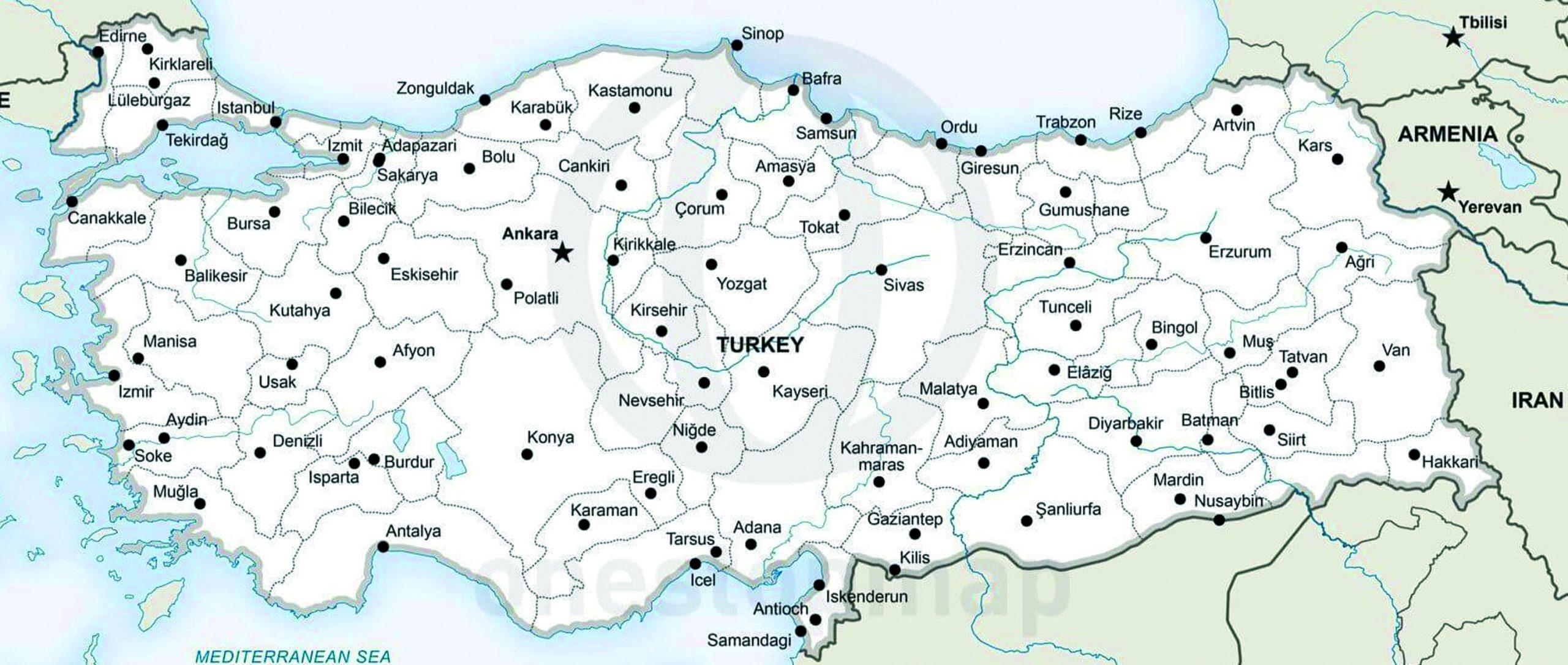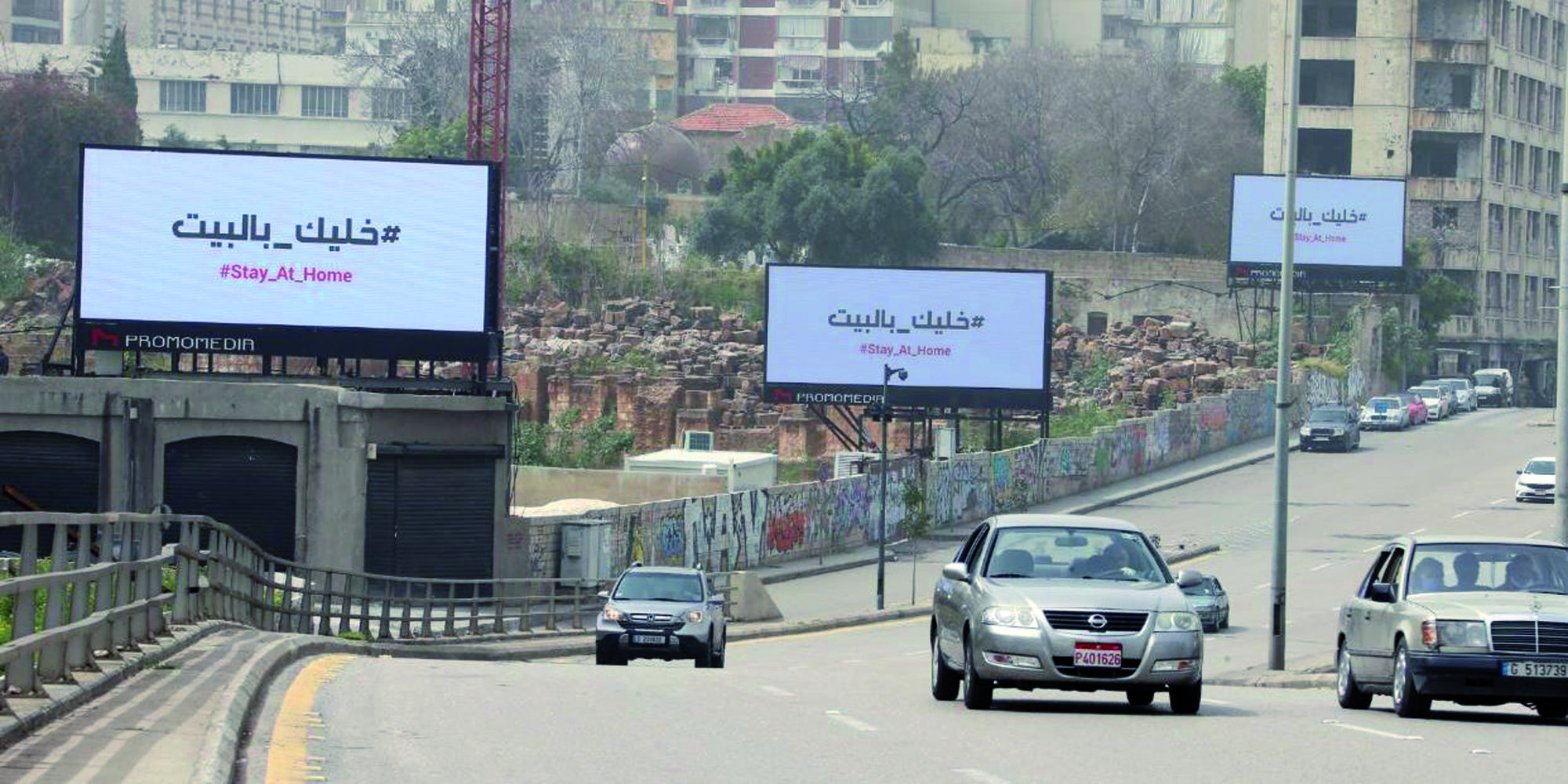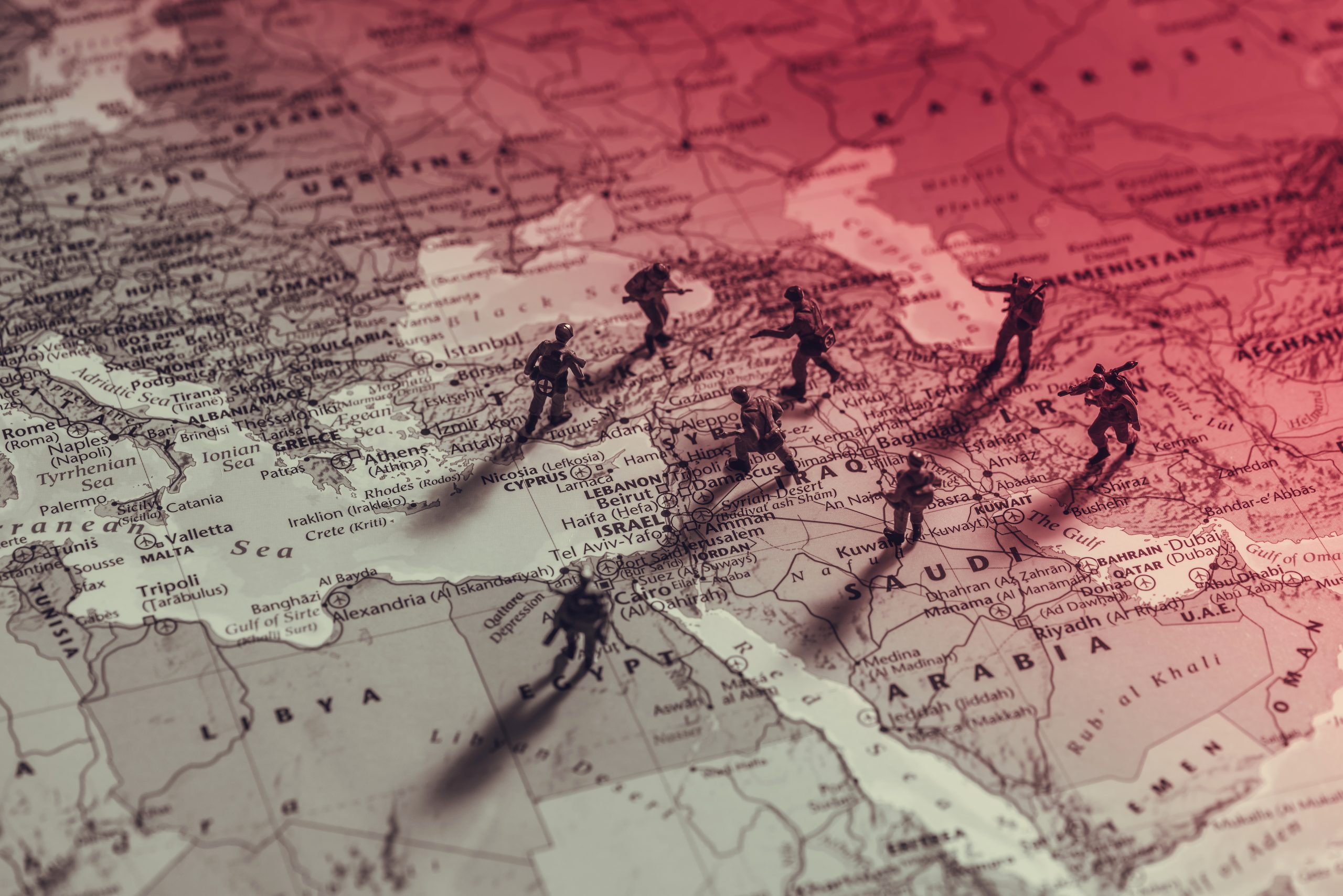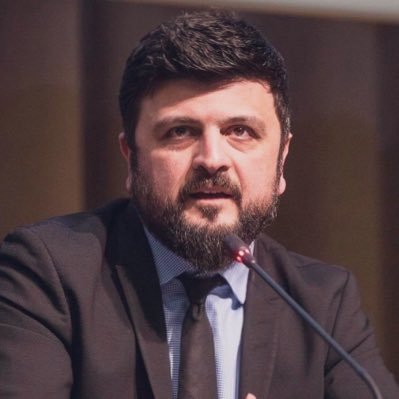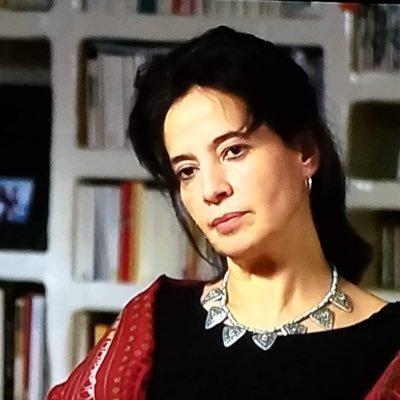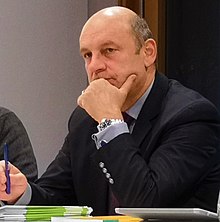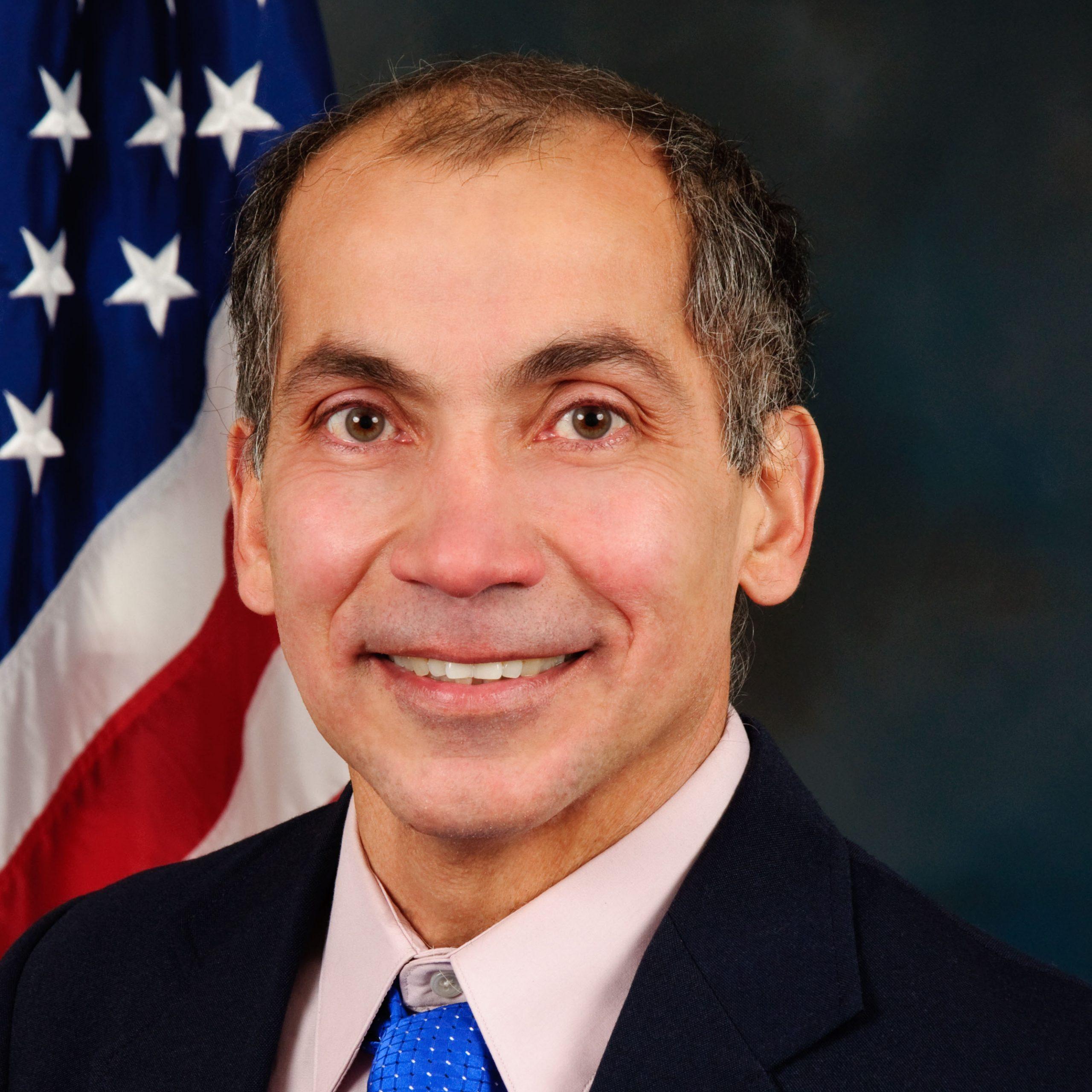ORIENT IV 2016: Gulf politics one year after the JCPoA
Purchase the full Issue here:
26,00 € incl. VAT plus Shipping CostsSelect options This product has multiple variants. The options may be chosen on the product page
Access Issue with Subscription:
Editorial
Dear ORIENT readers,
For many years the relationship between Western States and Iran has been impeded by a lack of transparency and by mistrust concerning Iran’s nuclear programme. Sanctions prevented any normalisation of the relations. After years of tough negotiations an agreement was finally reached between the P5+1 and Iran on 14th July 2015. More than a year after the signing of the Joint Comprehensive Plan of Action (JCPoA), and with its full implementation pending, this issue of Orient seeks to address the regional reverberations of this agreement. How has it changed the dynamic in Gulf politics? What trends can be observed in the rivalry between Saudi Arabia and Iran?
These questions are at the heart of this issue. First, Sebastian Sons analyses the determinants of Saudi foreign policy and the impact of the JCPoA on them. Adnan Tabatabei subsequently examines Iranian foreign policy with respect to recent developments, before Fatiha Dazi-Héni sheds light on how the smaller GCC states are positioning themselves towards Saudi Arabia and Iran. Prof Reinhard MeierWalser then introduces the regional level: he examines the role of the US and Russia in the Gulf region. Following this, Prof Reza ekhtiari Amiri picks up a topic that at the time of writing has once again entered the limelight: the Hajj and the disputes it has provoked in recent years between Saudi Arabia and Iran. Lastly, Prof Gawdat Bahgat delves into the energy dimension of Iran’s incipient reintegration into the world economy.
I hope that the current issue provides you with valuable insights and varied perspectives on the current conflicts in the region.
Dr. Gunter Mulack
Director of the German Orient-Institute

